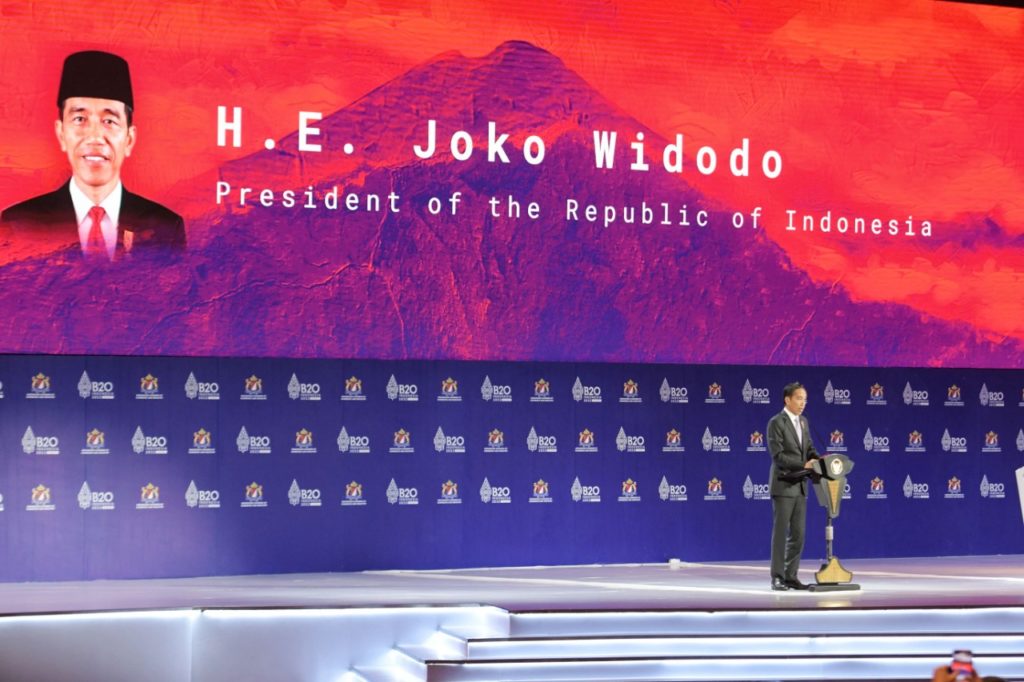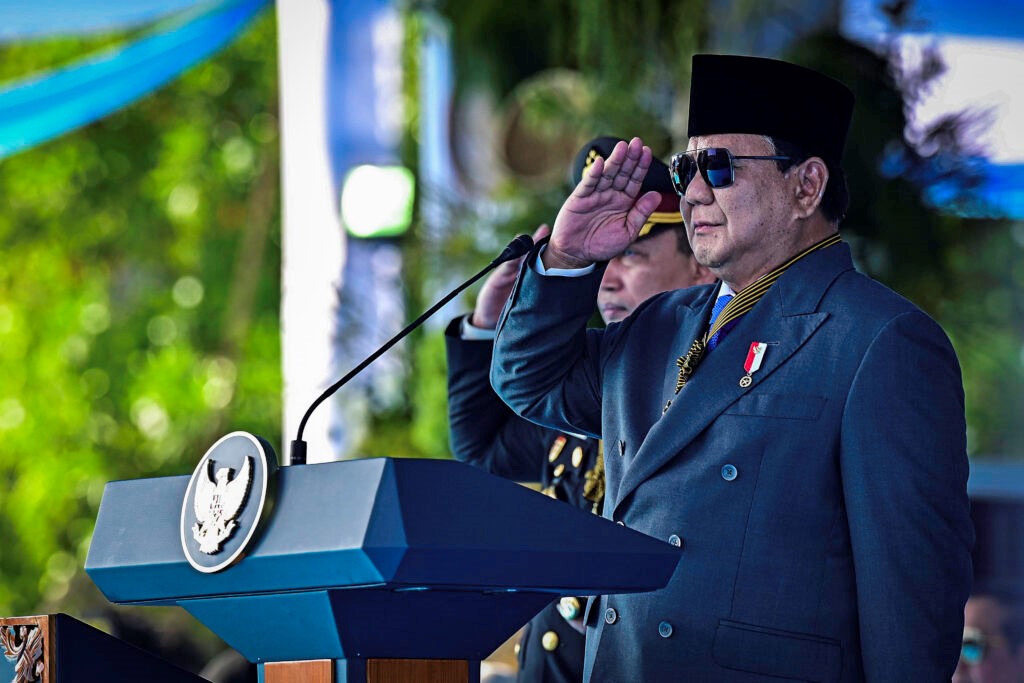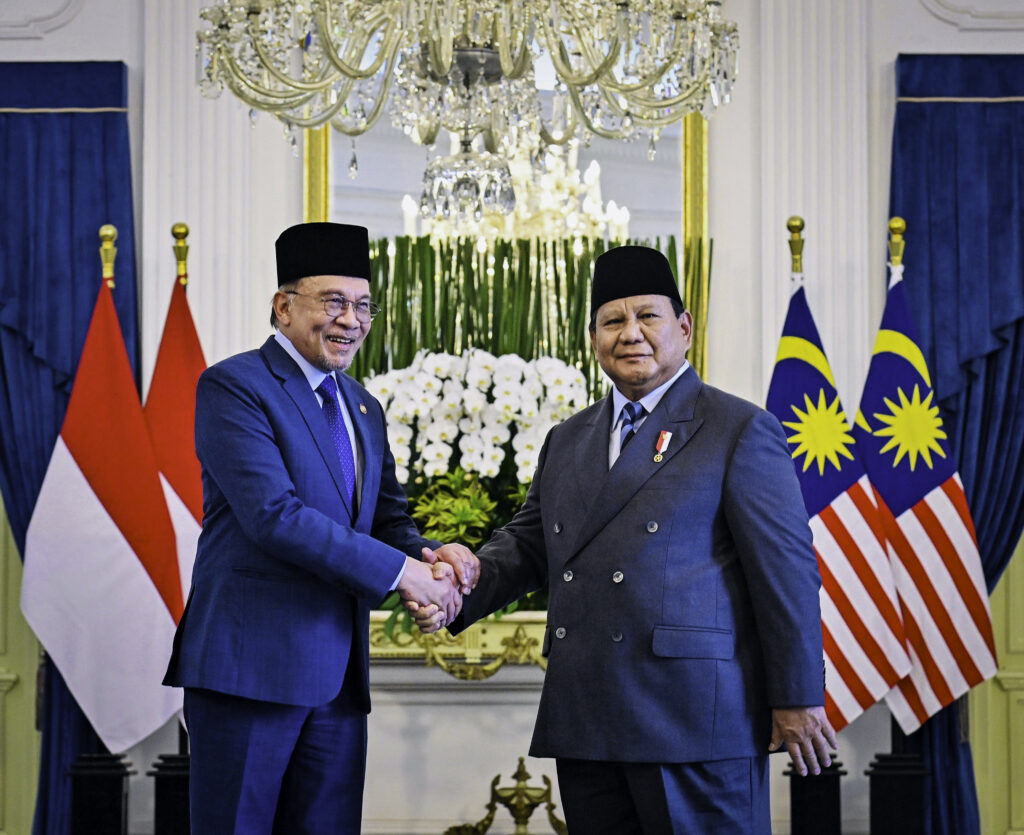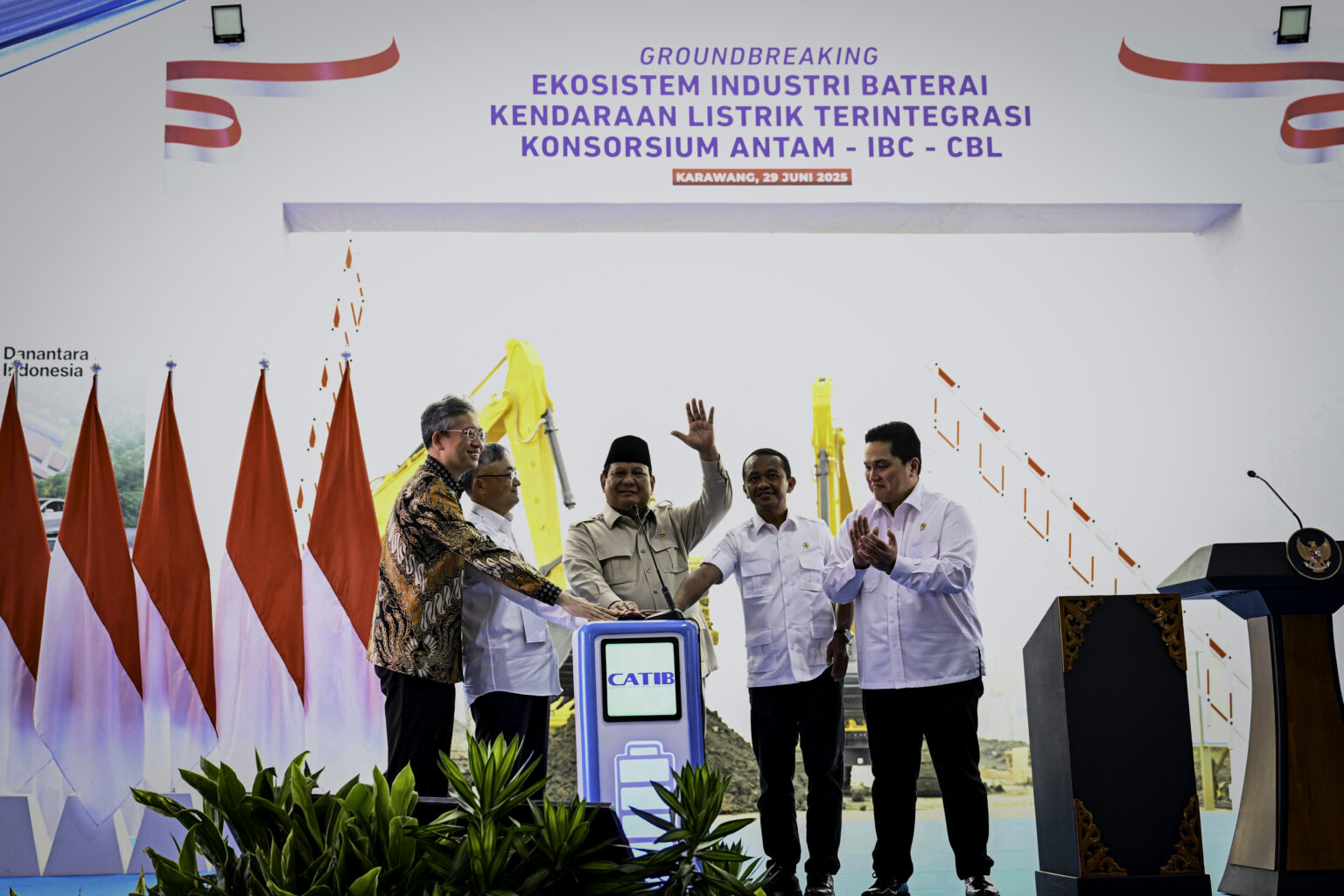President Jokowi Highlights Indonesia’s Strategies to Face Global Economic Challenges

President Jokowi delivers remarks at the B20 Summit, Monday (11/14), at Bali Nusa Dua Convention Center, Badung regency, Bali province. (Photo: PR of Cabinet Secretariat/Rahmat)
President Joko “Jokowi” Widodo Monday (14/11) delivered his keynote speech at the closing of B20 Summit at Bali Nusa Dua Convention Center, Badung regency, Bali province.
On that occasion, the President underscored three major strategies implemented by Indonesia in facing the current global economic challenges, including the pandemic, wars, food, energy, and economic crises.
“We need to constantly implement great strategies,” he said.
First, industrial downstreaming.
According to the President, the Indonesian Government has begun to discontinue raw materials exports to improve added value, increase state revenue, and create new job opportunities in the country, adding that Indonesia also encourages the ban of nickel ore exports and the establishment of an electric vehicle (EV) ecosystem.
“I seek cooperation with Prime Minister Anthony Albanese since Australia is rich in lithium, while Indonesia is rich in nickel. If we combine both materials, we can produce an EV battery. We can process the lithium here. Let us together do the downstream in Indonesia,” he said.
The President also invited Australian Prime Minister Anthony Albanese to collaborate in developing electric vehicle ecosystem.
Second, the development of a green economy or green energy.
The President revealed that Indonesia has enormous new and renewable energy potential reaching 434 thousand megawatts from hydropower, geothermal, solar, wind, and tidal wave.
To that end, the Head of State invited investors to invest and establish cooperation in building a green economy in Indonesia.
“We have prepared 30 thousand hectares of land in North Kalimantan for green industrial area, which I believe will attract investors to come to produce green products from Indonesia since the Kayan River near the area can produce clean and green energy, with sources from hydropower that can generate up to 13,000 megawatts of electricity,” he added.
Third, building digitalization.
The President also underlined the importance of big entrepreneurs to support small and micro business actors entering digital platforms, while unveiling Indonesia’s target to onboard 30 million micro, small and medium enterprises (MSMEs) into digital platforms by 2024.
“For the past three years, we have put small and micro-businesses into digital platforms. And so far, out of 64 million MSMEs, there are 19 million small and micro businesses that have entered digital platforms,” the President said.
In particular, President Jokowi also urged India, which will host the next B20 presidency, to continue the efforts to support micro and small businesses.
“I wish the best of luck for India’s B20 Presidency next year. I am optimistic that B20 will be more solid and continue to grow,” he said.
Previously, President Jokowi expressed gratitude for Indonesia’s economic growth which reached 5.44 percent in Q2 and grew stronger at 5.72 percent in Q3.
“We can also manage inflation rate. In September, inflation rate rose to 5.9 percent due to fuel price hike, while in October our inflation fell to 5.7 percent. The Managing Director of the IMF Kristalina said that Indonesia was one of the bright spots in the midst of the gloom of the world economy,” he remarked. (MAY/UN) (RIF/EP)








